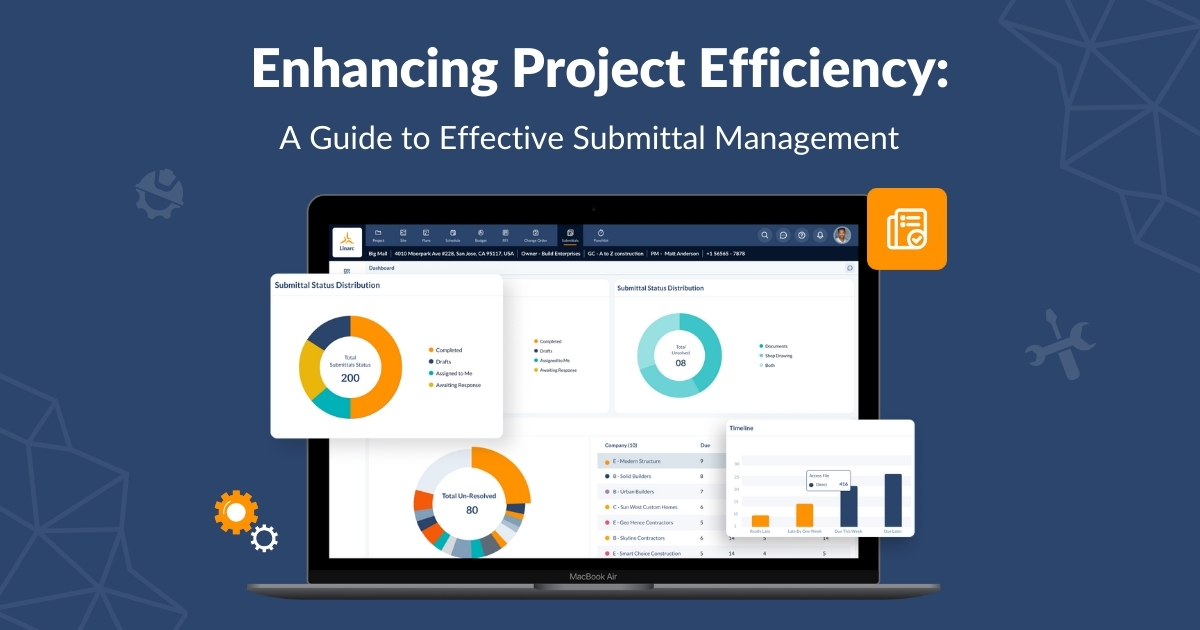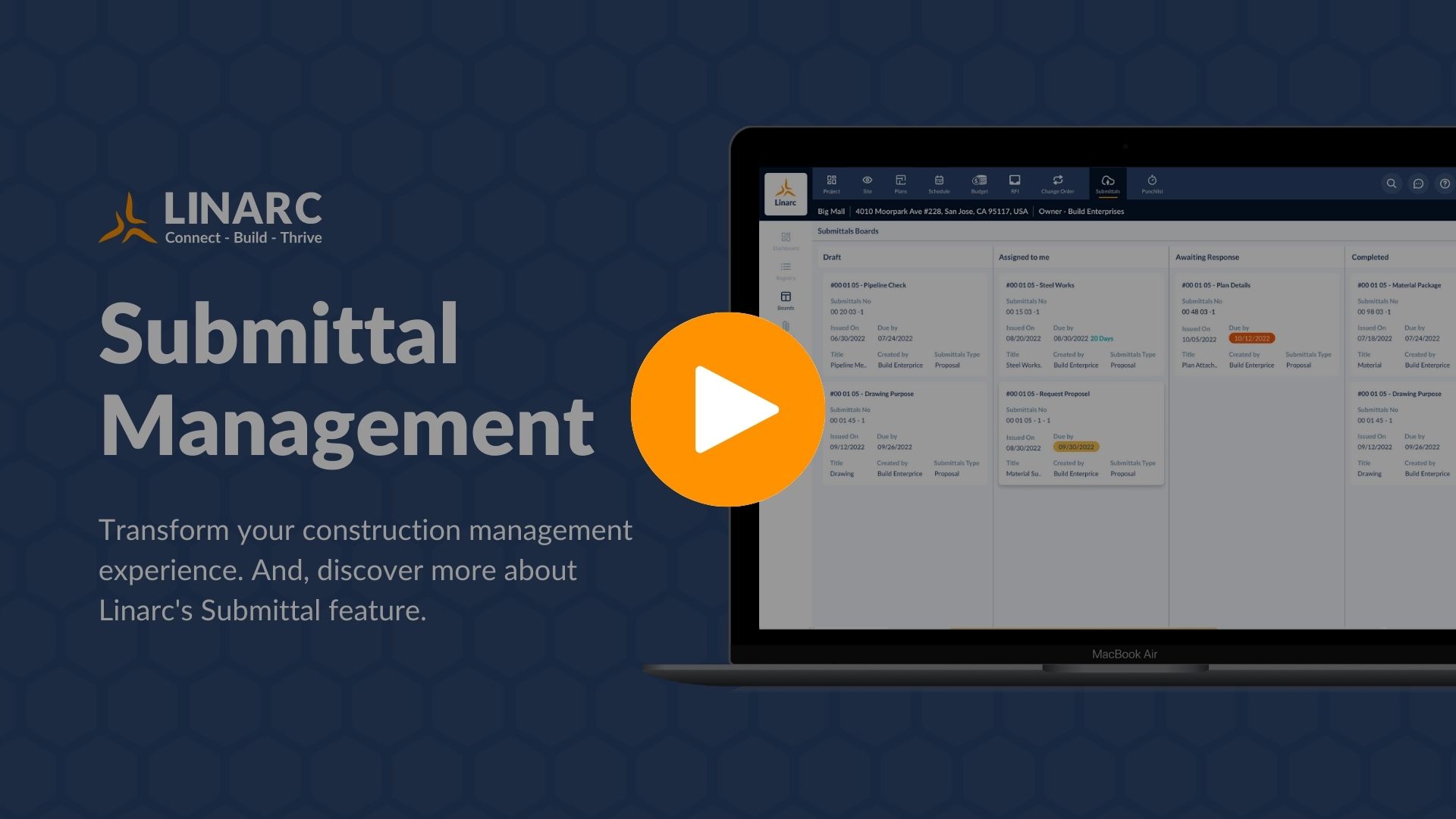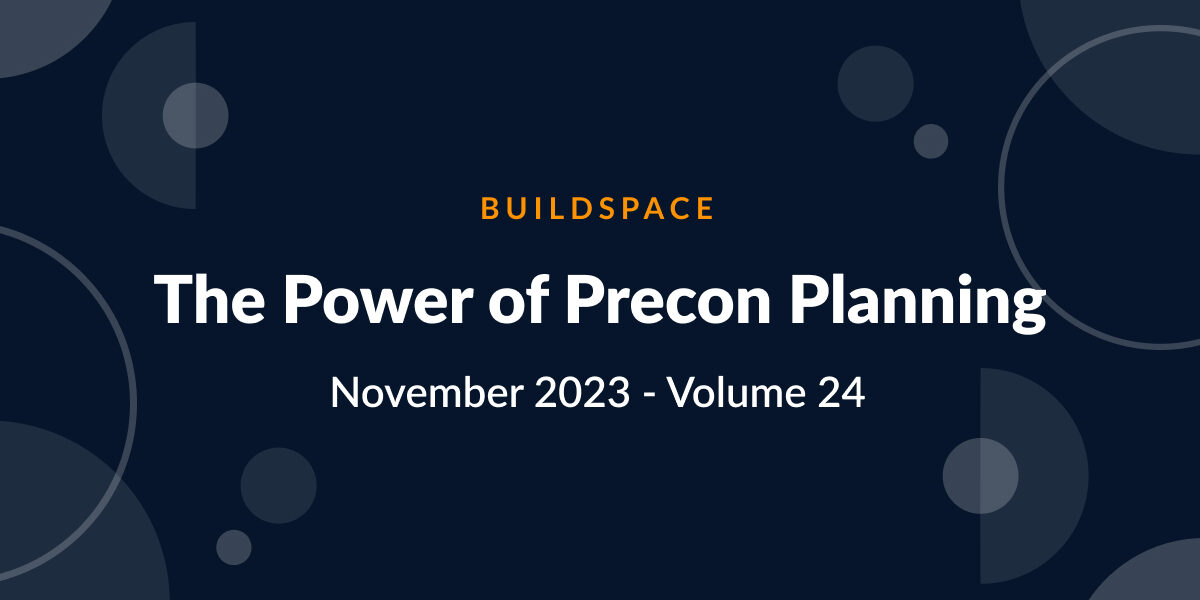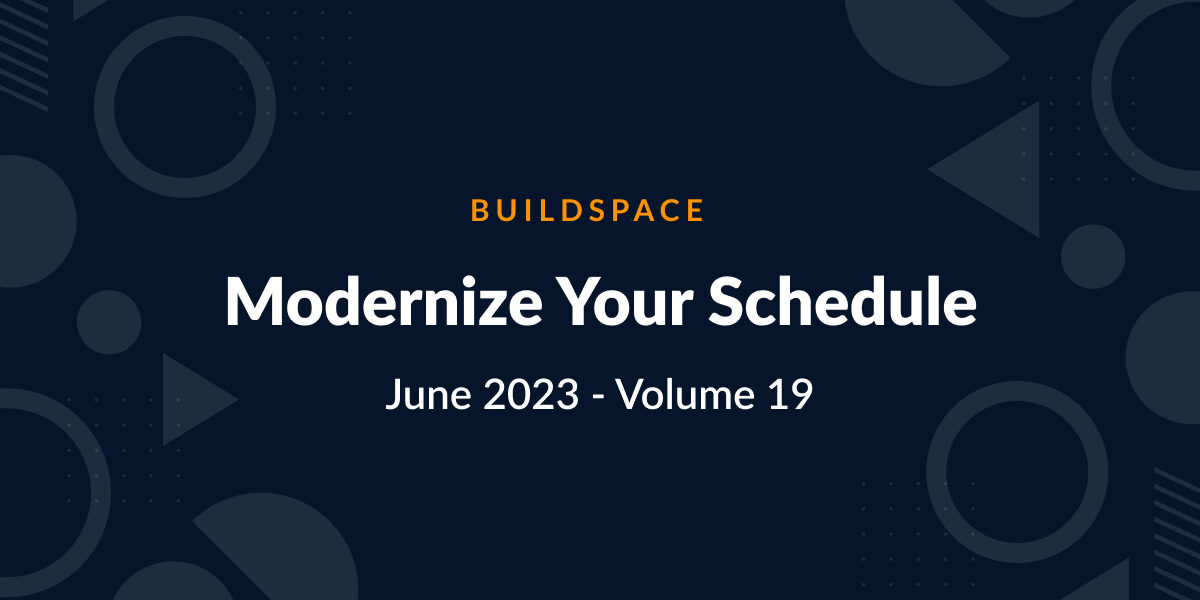A Guide to Effective Submittal Management
BuildSpace
DECEMBER 2023 - VOLUME 25

As we move through the final month of 2023, we must continue looking for ways to improve construction project management processes. Last month, we talked about the Power of Pre-con Planning and how it is fundamental in shaping a project's success – it can make or break the success of your construction projects.
Another crucial aspect of project management is Submittal Management. Efficient submittal processes prevent delays, foster clear communication, and maintain organized document management.
In our newsletter today, I'm sharing practical steps for getting started with improved submittal management, implementing best practices, and overcoming resistance to change.
Remember that proactive management contributes to continuous improvement in construction processes.
Thank you for your commitment to excellence in construction. Here's to more efficient and successful projects in the New Year!

Shanthi Rajan
Founder & CEO
Linarc
Before we dive into best practices, let's briefly understand the significance of submittals in construction projects. Submittals are the documents contractors provide to the project team for approval, ensuring that the materials, products, and workmanship align with project specifications.
Efficient submittal management is key to avoiding delays in approval, bridging communication gaps, and preventing disorganization in document tracking.
Best Practices for Submittal Management:
- Early Engagement and Coordination: Involve subcontractors and suppliers early in the process to facilitate collaboration for accurate submittals.
- Utilizing Technology: Explore the role of construction management software and discover specific features to look for in submittal management tools.
- Standardizing Submittal Procedures: Create a streamlined process by developing standardized templates for consistency.
- Collaboration and Communication: Establishing clear communication channels is vital. Regular meetings and updates encourage open communication among stakeholders, enabling proactive issue resolution and better collaboration.












